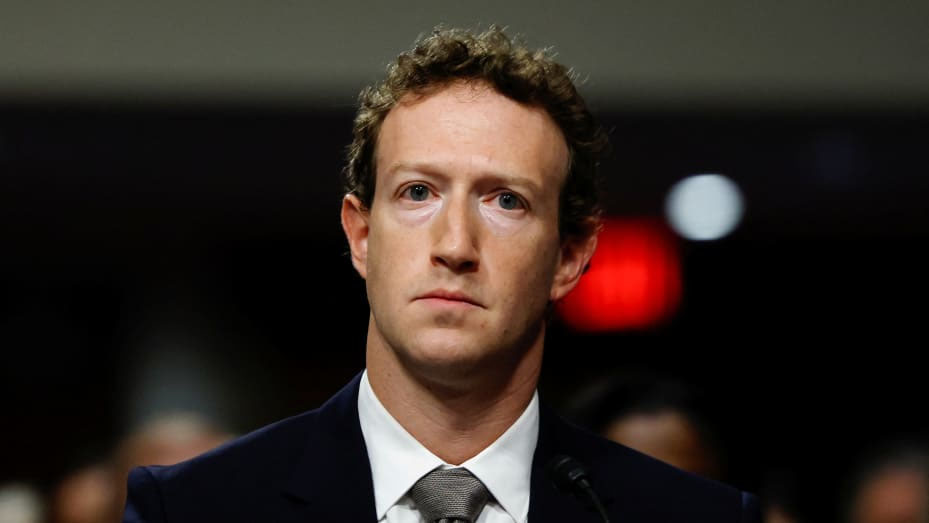
Photo Credit: Getty Images
Meta faces trial Monday over allegations it abused its market power to acquire Instagram and WhatsApp. The trial dashes Meta CEO Mark Zuckerberg's hopes that a Trump presidency would ease antitrust pressure on Big Tech.
The Meta case is being made by the Federal Trade Commission (FTC), the powerful US consumer protection agency, and could see the owner of Facebook forced to divest Instagram and WhatsApp, which have grown into global powerhouses since their buyout.
The trial will be run and decided by Judge James Boasberg, who is also presiding over a high-profile case involving White House orders to deport Venezuelans using wartime law.
The case against Meta was originally filed in December 2020, during the first Trump administration, and all eyes were on whether he would ask the FTC to stand down.
Zuckerberg, the world's third-richest person, has made repeated visits to the White House as he tries to persuade the US leader to choose settlement instead of fighting the trial, a decision that would be extraordinary at this late stage.
FTC Chair Andrew Ferguson played down such a possibility, telling The Verge, "I'd be very surprised if anything like that ever happened." As part of his lobbying efforts, Zuckerberg contributed to Trump's inauguration fund and overhauled content moderation policies. He also purchased a $23 million mansion in Washington in what was seen as a bid to spend more time close to the center of political power.
The Meta lawsuit represents just one of five major tech antitrust actions recently initiated by the US government.
Central to the case is Facebook's 2012 billion-dollar purchase of Instagram -- then a small but promising photo-sharing app that now boasts two billion active users. An email from Zuckerberg cited by the FTC showed him depicting Instagram's emergence as "really scary," adding that is "why we might want to consider paying a lot of money for this."
The FTC argues Meta's $19 billion WhatsApp acquisition in 2014 followed the same pattern, with Zuckerberg fearing the messaging app could either transform into a social network or be purchased by a competitor.
















